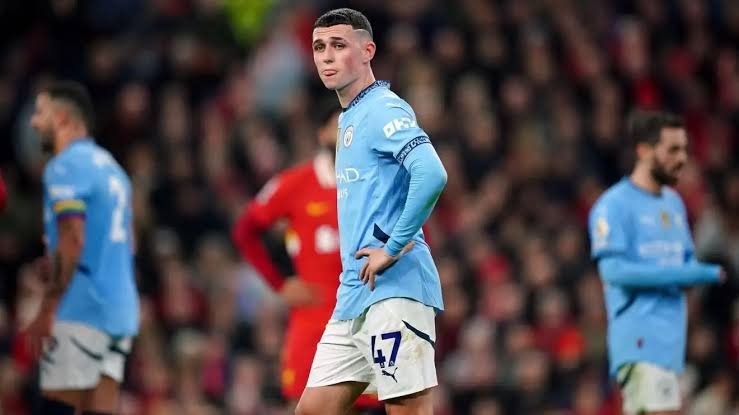Proposed State Ownership Ban Unlikely to Impact Manchester City or Newcastle United
An amendment to the Football Governance Bill, aimed at banning state-controlled ownership in English football, has sparked debate. However, the measure appears unlikely to affect clubs like Manchester City and Newcastle United, whose ownership structures have drawn scrutiny in the past.
The Proposed Amendment
The amendment, introduced by Labour peer Lord Bassam of Brighton, seeks to prevent state-controlled entities from owning football clubs unless they can demonstrate a clear separation from their respective governments. The legislation would require the independent football regulator (IFR) to assess and enforce compliance.
Lord Bassam’s proposal reads:
“No state-controlled club may be granted an operating licence, and any affected club must satisfy the IFR that they have divested themselves of their state-control before applying for an operating licence.”
The amendment defines a state-controlled club as one owned by individuals or entities under the influence of state actors, including government officials, heads of state, or sovereign wealth funds.
Potential Impact on Manchester City and Newcastle United
Manchester City is owned by City Football Group (CFG), with Sheikh Mansour bin Zayed Al-Nahyan—the Deputy Prime Minister and Vice-President of the UAE—serving as its principal owner. Similarly, Newcastle United is owned by the Saudi Arabian Public Investment Fund (PIF), chaired by Mohammed bin Salman, Saudi Arabia’s de facto ruler.
If the amendment were passed, both clubs might fall under its remit. However, the Times reported that the chances of the amendment being adopted are slim.
The Broader Context
Sport globally has increasingly welcomed investment from sovereign wealth funds, particularly from the Middle East. From the PGA Tour to Formula One, sovereign capital has become crucial for driving growth and diversification.
Speaking to the Liverpool Echo, Professor Simon Chadwick, an expert in sport and geopolitics, explained:
“(Sovereign wealth funds) don’t buy football clubs or other such assets unless it serves a purpose for a broader industrial and national development strategy.”
He pointed to Abu Dhabi’s ownership of Manchester City as an example:
“They bought a lot of real estate in Manchester, using ownership of Manchester City to diversify revenue streams for a country dependent on oil and gas. These aren’t just trophy assets—they are strategic ones.”
Chadwick also noted that Saudi Arabia’s PIF invested heavily in the North East, including £1 billion in a chemical plant. He argued that such investments are part of broader geopolitical and economic strategies, making the likelihood of the UK disrupting these relationships minimal.
Political and Premier League Resistance
While the government has shifted from Conservative to Labour, disrupting lucrative relationships with Middle Eastern sovereign funds seems unlikely. The UK remains eager to attract inward investment, especially in the wake of economic challenges.
Moreover, the Premier League is staunchly opposed to external regulation. Its decision-makers view inward investment as essential to maintaining the league’s global dominance and would likely resist measures that could deter funding.
What This Means for City and Newcastle
With both political and sporting stakeholders unlikely to support the amendment, it seems improbable that the proposal will be adopted. As a result, Manchester City and Newcastle United are expected to continue their operations without significant changes.
The debate highlights the tension between maintaining ethical governance and attracting strategic investment, but for now, state-backed clubs in England appear secure.



